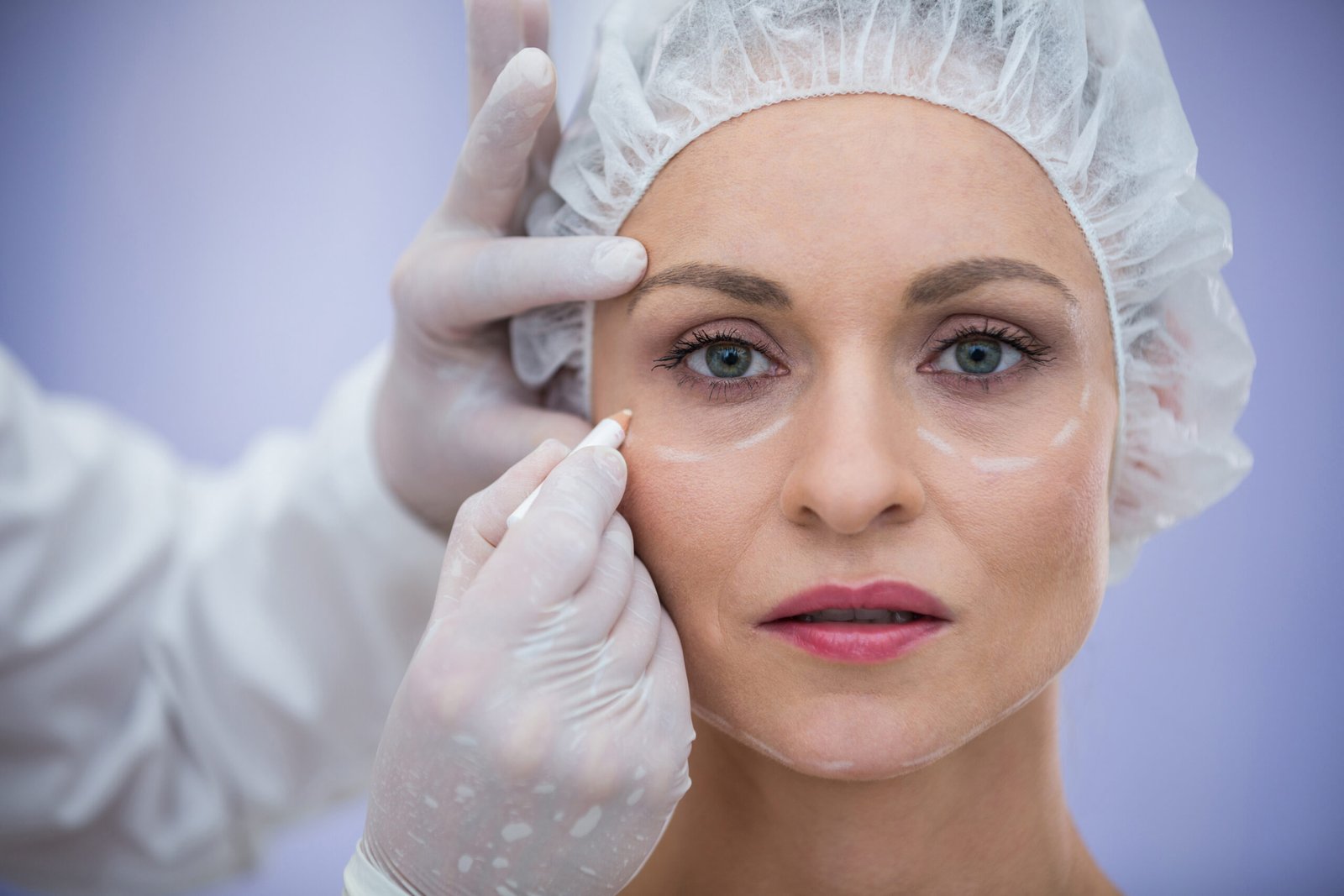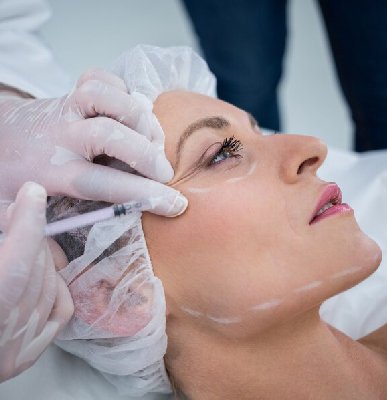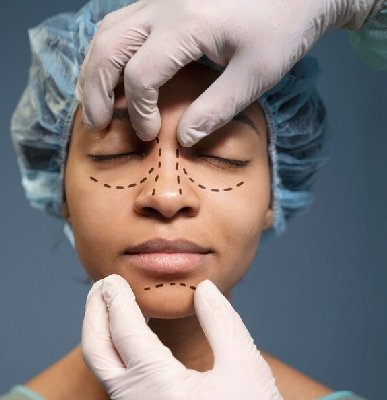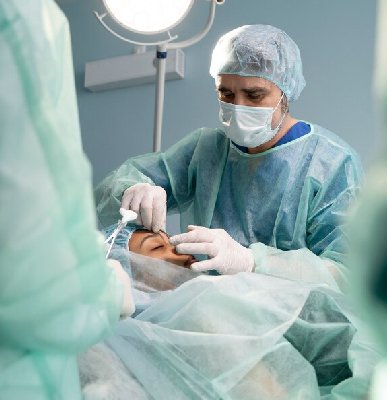
Plastic Surgery is a specialized field of medicine focused on the repair, reconstruction, or alteration of the human body. It encompasses two main categories: reconstructive surgery and cosmetic (or aesthetic) surgery. Reconstructive surgery aims to restore the form and function of body parts affected by congenital defects, trauma, infections, tumors, or diseases. This includes procedures like burn treatment, reconstruction after breast cancer, and cleft lip and palate repair. Cosmetic surgery, on the other hand, is performed to enhance the appearance of body parts that are otherwise functional but may be perceived as lacking aesthetic appeal. Common cosmetic procedures include rhinoplasty, breast augmentation, liposuction, and facelifts. Plastic surgery combines art and science, employing meticulous surgical techniques to improve patients’ appearance, self-esteem, and overall quality of life.
Vihaan Hospital & Research Centre’s Plastic Surgery department stands at the forefront of both reconstructive and cosmetic surgery, offering cutting-edge procedures tailored to meet the unique needs of each patient. With a team of highly skilled plastic surgeons renowned for their expertise and artistry, the department provides a wide array of services, from complex reconstructive surgeries for trauma and cancer survivors to state-of-the-art aesthetic enhancements. The facility is equipped with the latest technology, ensuring safe, effective, and minimally invasive options for patients. Vihaan Hospital is committed to delivering exceptional care, focusing on patient safety, satisfaction, and achieving natural-looking results that enhance and transform lives.
Plastic Surgery F&Q's
Cosmetic plastic surgery is performed to enhance or improve a person’s appearance towards what they perceive as more desirable. Reconstructive plastic surgery aims to restore the function and normal appearance of body parts that are affected by congenital defects, trauma, infections, tumors, or diseases.
Not everyone is a suitable candidate for plastic surgery. Candidates must be in good overall health, have realistic expectations, and, for certain procedures, be at a stable weight. A thorough evaluation by a plastic surgeon is necessary to determine an individual’s suitability for a specific procedure.
Common procedures include breast augmentation, liposuction, rhinoplasty (nose reshaping), eyelid surgery, facelifts, and abdominoplasty (tummy tuck). Reconstructive surgeries often include breast reconstruction, cleft lip and palate surgery, and skin grafting for burn survivors.
Preparation may involve getting lab tests, taking certain medications or adjusting current medications, stopping smoking well in advance of surgery, and avoiding aspirin, anti-inflammatory drugs, and herbal supplements that can increase bleeding.
The recovery process varies widely depending on the procedure and individual patient factors. It can range from a few days for minor procedures to several weeks or months for more complex surgeries. Following the surgeon’s post-operative instructions, including care of the surgical site, medications to take, and when to follow up, is crucial.
While many plastic surgery procedures produce long-lasting results, no surgery can stop the aging process. Some procedures may require revisions over time, and the longevity of results can also be influenced by factors such as lifestyle, genetics, and overall health. Cosmetic enhancements may also need maintenance procedures to preserve the desired outcome.











